What is technocracy?
Why is it dangerous?
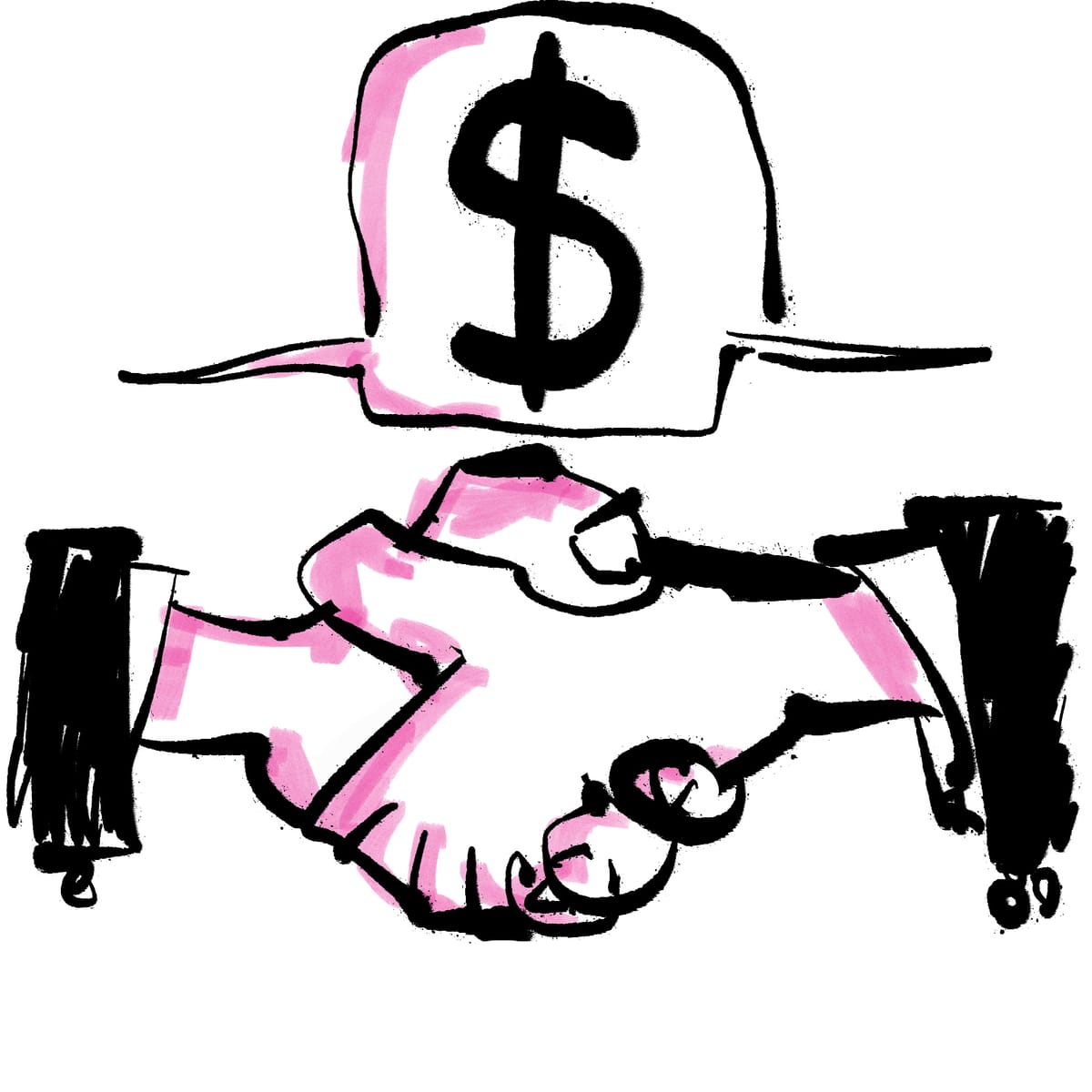
Technocracy, also known as stakeholder capitalism, is a system of governance where technical experts, scientists, and engineers hold decision-making power instead of poiticians, and it focuses on efficiency, optimisation, and centralisation.
Technological progress has merely provided us with more efficient means for going backwards.
— Aldous Huxley
It combines communism and capitalism, meaning everything is centrally controlled, but you can still make a lot of money, even though there's mass surveillance and no individual liberty.
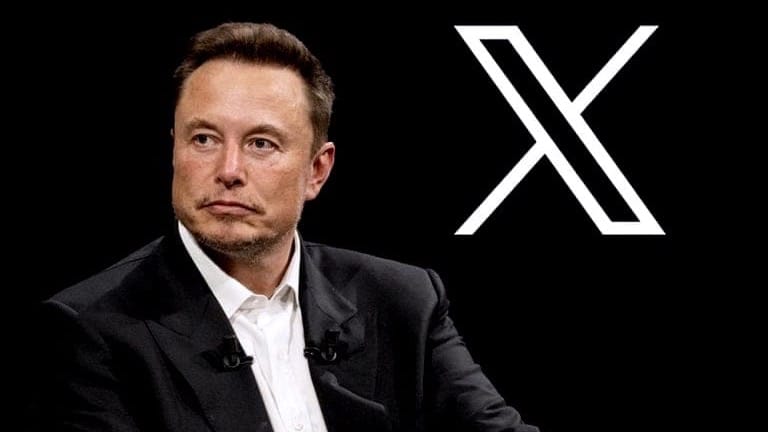
Quick history
Technocracy originated in the early 20th century and gained prominence during the Great Depression.
It proposed that technical experts, rather than politicians, should govern society to achieve efficiency and abundance.
Technocracy’s promise of progress masks tyranny—smart cities are cages, and digital IDs are chains.
— Whitney Webb, journalist
The 'technocratic movement', led by Howard Scott, didn't gain much traction because their ideas were ahead of the technology at the time. However, a century later, the technology has now caught up.
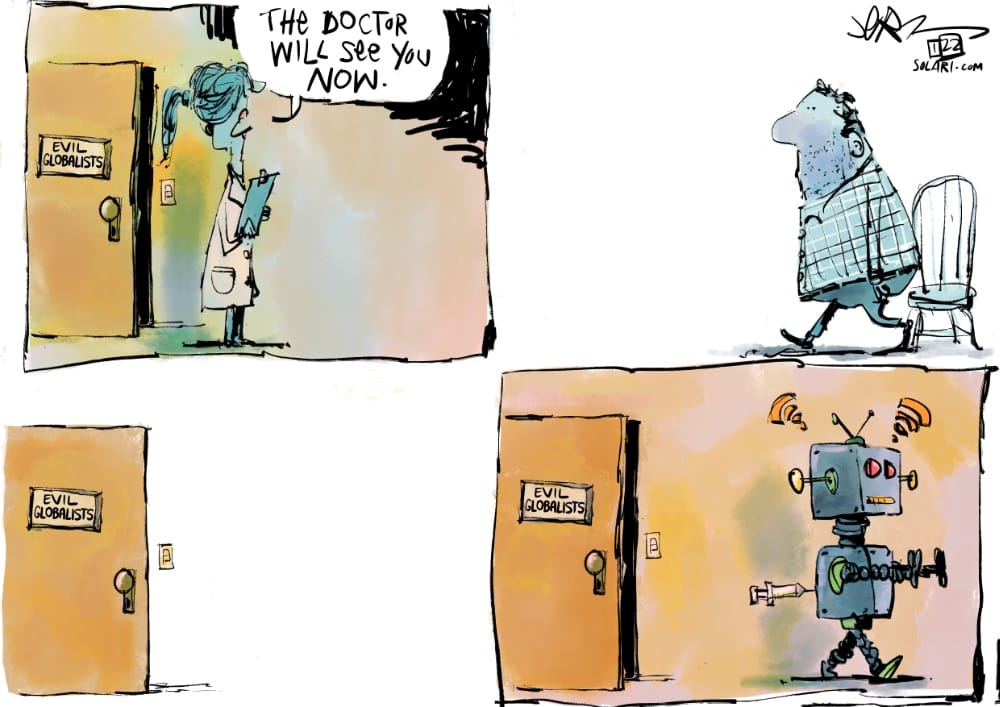
Patrick Wood
Patrick Wood is probably one of the world's leading thinkers on technocracy and runs the incredible Technocracy News website which covers Agenda 2030, Sustainable Development, the green economy, scienticism, and transhumanism.
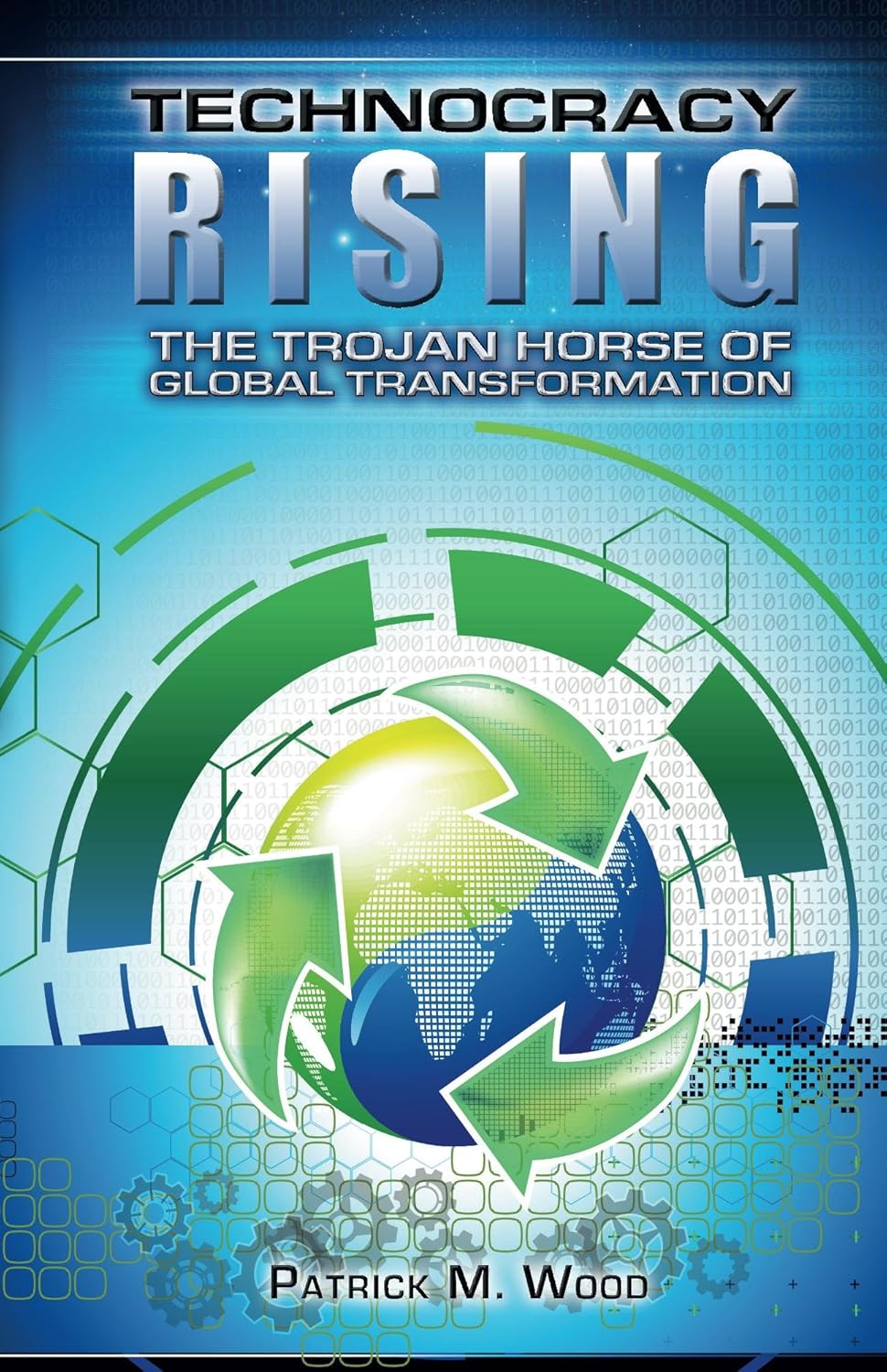
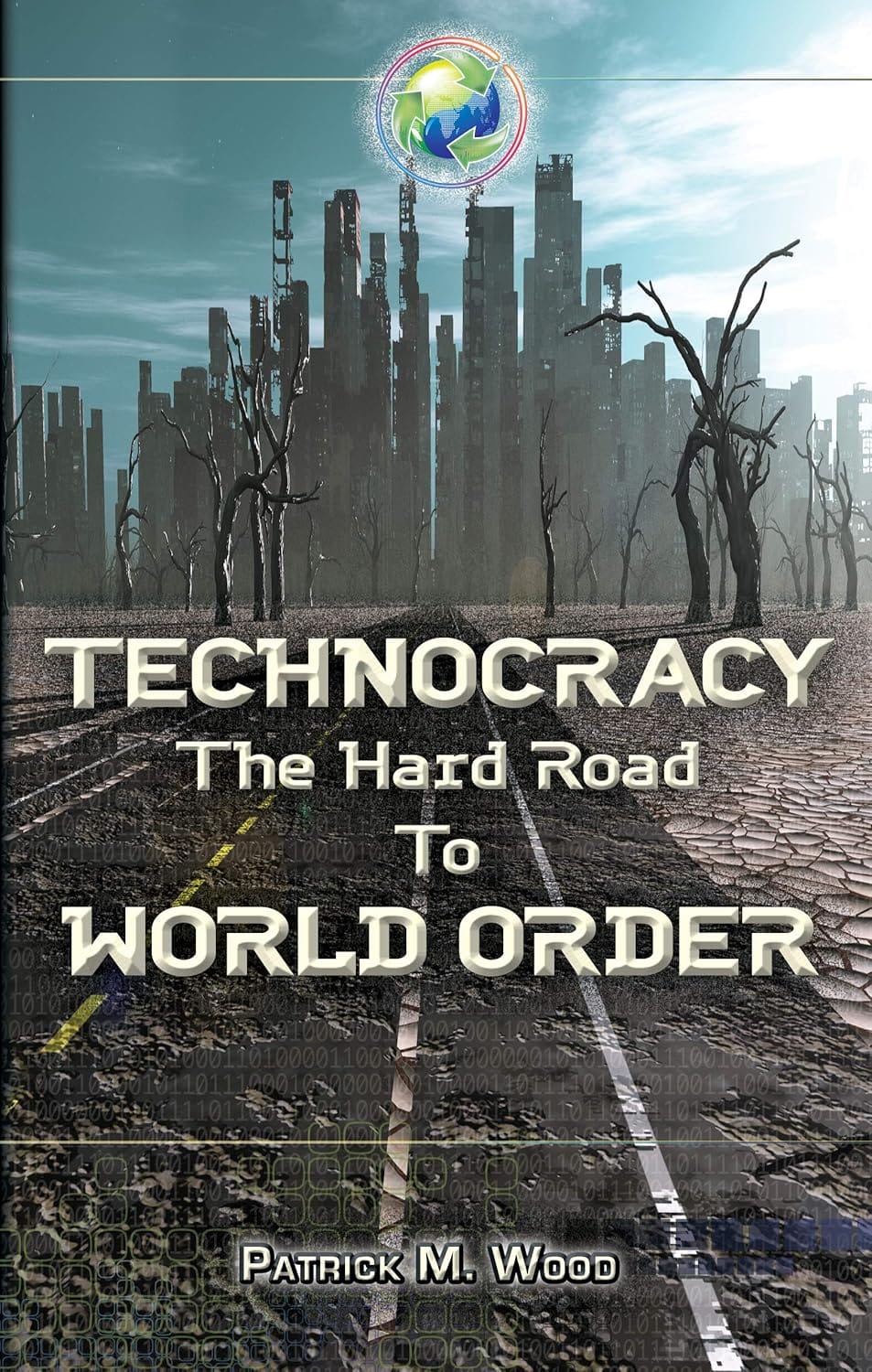
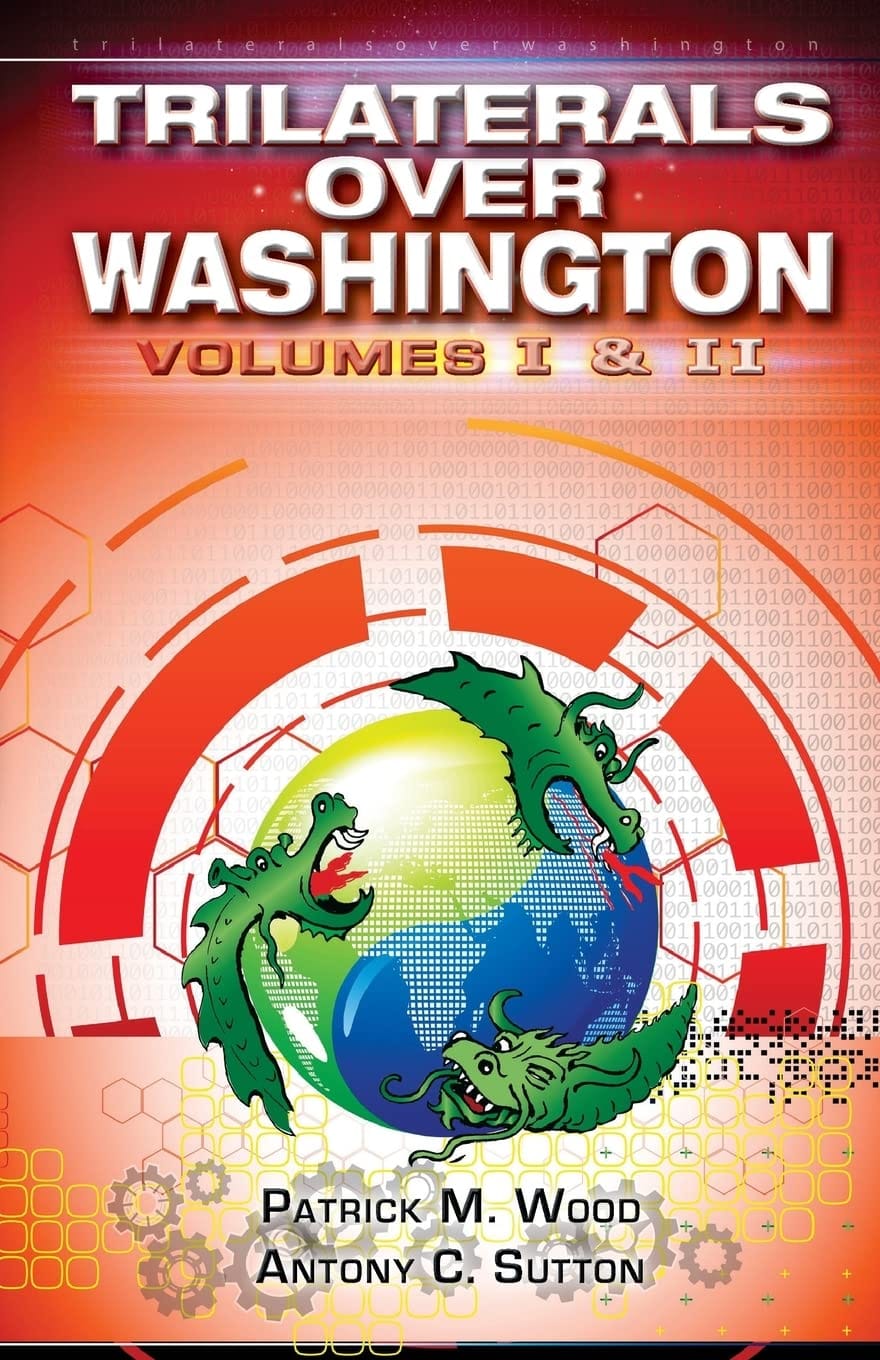
Patrick's books are absolutely fantastic
I bought and read Technocracy: The Hard Road To World Order and I couldn't put it down.
I then decided to invite him onto my podcast.
I’ve been a member of the Mavericks Project for years, a global network founded by guys I know, buffering against technocracy. They don't accept all applications because they focus on quality, not quantity.







